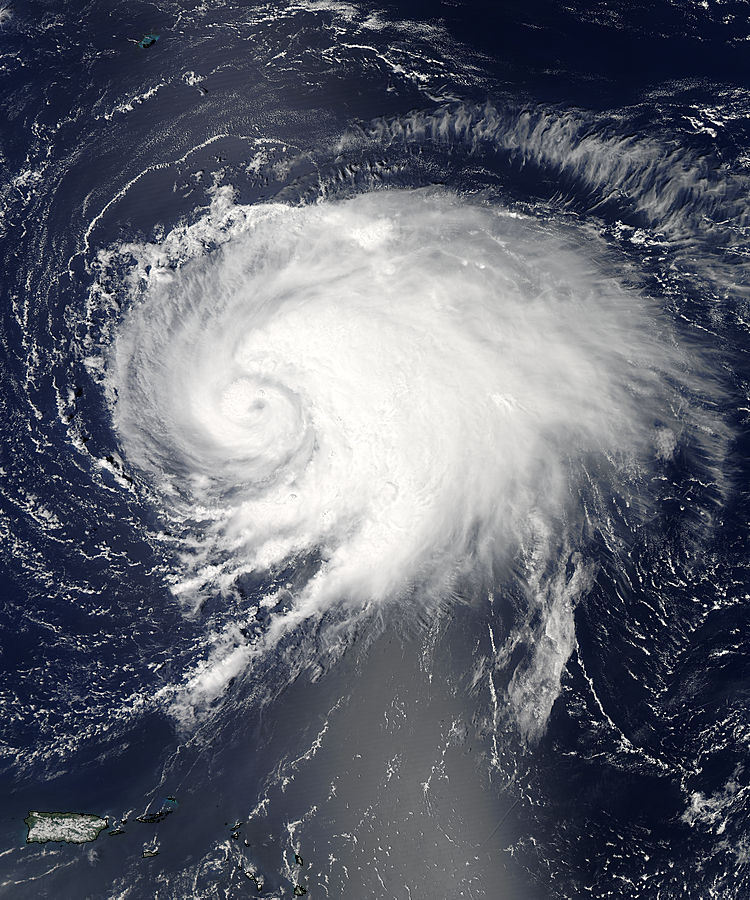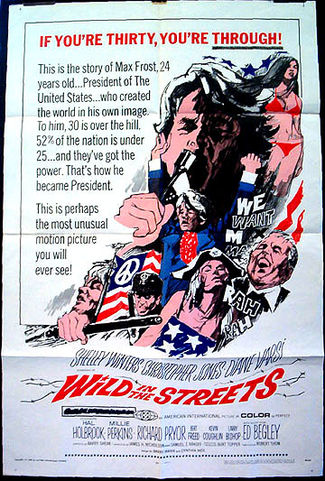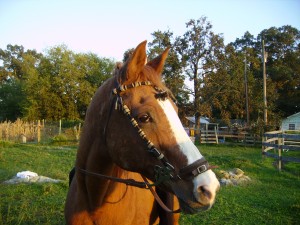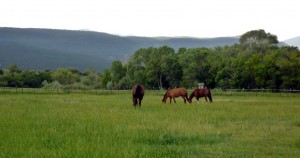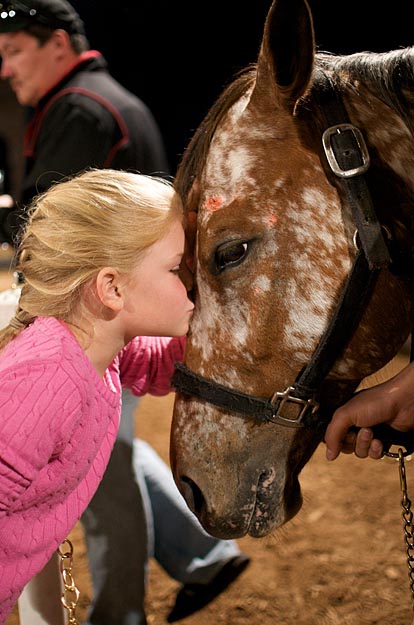Dad wrote this book over 60 years ago but it’s the same news about Bermuda today … at least in the beginning of the story.
We had just been there on a family trip and it was the first time I had seen a shark in the water while we were snorkeling. That and the old shipwrecks with the cannons and anchors made for a fabulous adventure for us all.
Have you ever been in a hurricane or tornado? We had them almost every year while I was growing up in Florida. That was before there was all the local radar and hurricane tracking. Sometimes we would be “surprised” by a storm. Now we might have days or weeks to prepare, even though with a bad one like Katrina, you still can’t do much except evacuate. It’s mother nature and often you can tell a lot from how your horse or dog or the birds are behaving so listen to your mother ;)
Find all the books and more @ the Trading Post.
Here’s the beginning, do you know this one?
BAT 29167
Like a giant bat the transatlantic plane flew through the night, using sensitive antennas to find its way. There was no beauty of flight, only a boiling turbulence that obliterated the stars high above and the sea down below. Red, white and green lights sought hopelessly to pierce the murk, blinking on and off. The four straining engines spoke loudly in defiance of the elements as driving rain pelted the plane’s aluminum skin.
The wind grew stronger, spewing rain with explosive force against glass and metal. The engines labored a little more and the night grew blacker still. Suddenly the plane lurched, its wings slicing thickly through the heavy air. It righted itself and for a moment more held a steady course, then it shuddered again as if the weight of the air mass had become too great to bear. The pitch of its propellers changed, urgently straining, pounding, seeking to thrust the plane forward and upward.
The storm fought back viciously, changing rain to sleet and hail, pummeling the plane with boiling white ice and seeking to beat it down. Beneath this attack the plane was forced to descend. In the lower air there was relief from the icy blows.
But the storm did not leave it alone for long. Lightning stabbed the sky and shattered the blackness. Suddenly the plane lurched again. It was bathed in a weird light and there seemed to be a ball of fire on its nose. Propellers became whirling wheels of green vapor. What seemed like huge balloons of red, blue and green exploded everywhere in the heavens, and storm clouds took on ever-changing, fiery shapes.
Directly in the center of this beautiful but frightening spectral light the plane flew unharmed. It could now be seen clearly and the name on its side read BERMUDA ATLANTIC TRANSPORT. On its vertical tail fin were the large initials:
B
A
T
There was nothing soft about this plane or the men flying it. Together they’d made one hundred and twenty-six trips across the South Atlantic—from Portugal to the Cape Verde Islands, on to Trinidad, Puerto Rico, Bermuda and then, if the cargo payload warranted it, to New York.
The red linoleum floor of the flight deck heaved beneath the seats of the crew and the captain said, “A couple more jolts like the last one and we’ll end up in the drink for sure.” His eyes didn’t leave the shaking instrument panel with its blurred figures.
Strapped in the seat to the captain’s right was the copilot, his hands, too, on the control yoke trying to keep the plane steady. “I can take jolts better than the fire,” he said. “I don’t like it. I never did.”
“Harmless. If all we had to worry about was St. Elmo’s fire we’d be sitting fine.”
“I know, but I still don’t like it,” the copilot said. “But, baby, just as long as the fans keep turning …” He didn’t finish his sentence, nor did he bother to look in the direction of the propellers. There was nothing on the other side of the windows anyway but swirling darkness. The fire—a discharge of electricity combined with sleeting rain—was gone.
More story (pdf) 15th book chapter
Met some really nice people yesterday that are working to rescue wild mustangs. It’s a big job and a huge need. I’ll tell you more about it soon, maybe even visit their Sky-Dog Ranch. Until then have a great and safe weekend!
Enjoy the ride – tim

